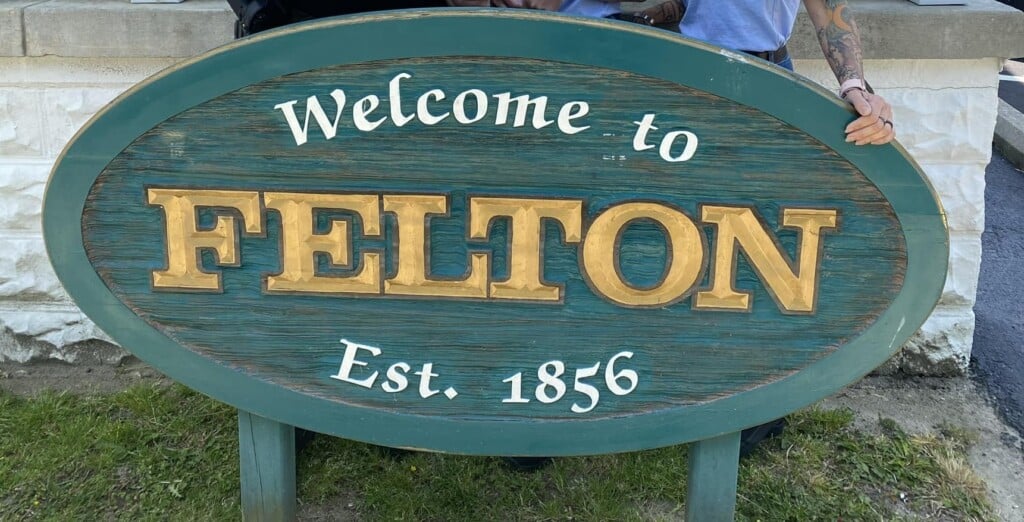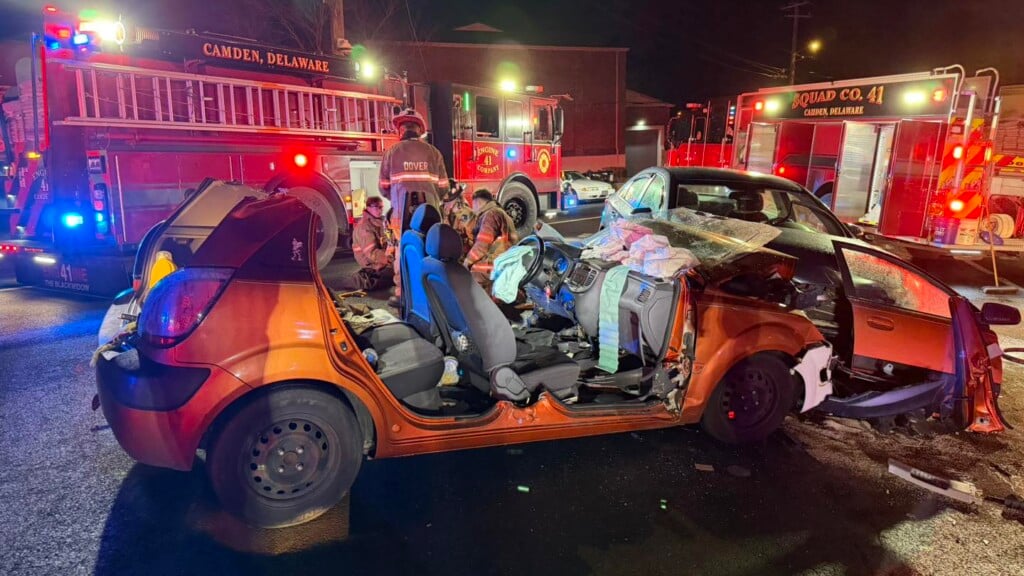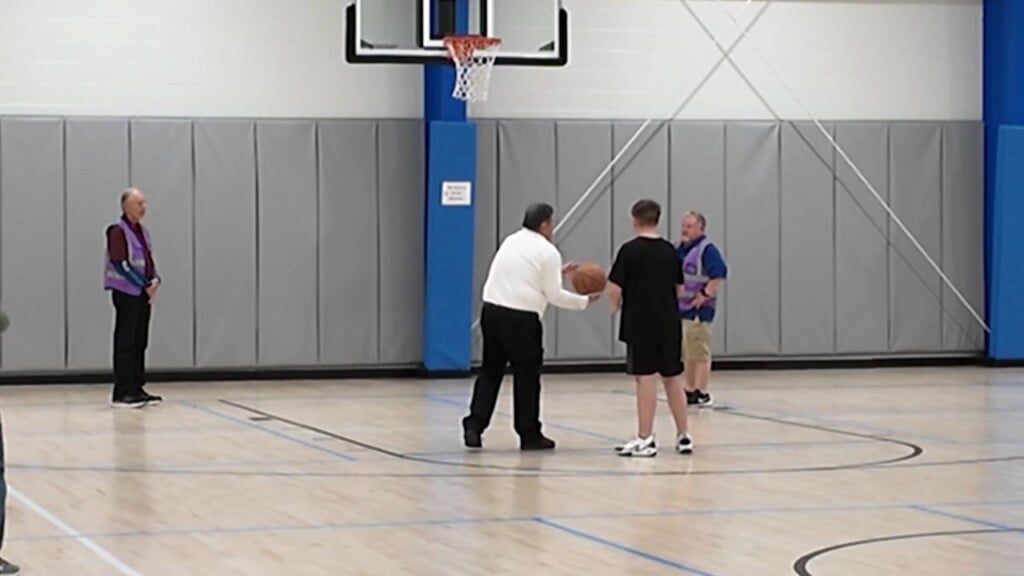Combating a Community Crisis: Are Drugs Destroying Delaware? Opinions on Opioids
Local Experts weigh in on the Opioid Crisis
DELAWARE – Are drugs destroying Delaware? A community response briefing was held Monday that gave community members an update on where the first state stands when it comes to the Opioid epidemic. The Department of Health and Social Services partnered with community agencies to provide the latest data, the State’s ongoing work to reduce overdoses, and respond to the opioid epidemic.
Local Statics
The Division of Forensic Science reported there was a slight decrease in overdose deaths from 2022 to 2023 dropping from 537 individuals to just 527. This was the first time the state had seen a decline in over a decade. Local experts admit that there is indeed an opioid crisis in Delaware, and that they are making efforts to address the problem.
Caroline Judd, substance use disorder epidemiologist for the Division of Public Health, spoke to us about the efforts the department is making to combat the crisis. “The Delaware Division of Substance Abuse and Mental Health under the umbrella of the Delaware Department of Health and Human Services are doing everything that we can possibly do, giving the funding, giving the legislation that includes federal legislation. We’re doing everything we can to try to address the crisis and mitigate it as best possible.”
Delaware Department of Health and Social Services Division of Substance Abuse and Mental Health (DSAMH) Director Joanna Champney told reporters, “We continue to focus on reducing the negative stigma of addiction by funding messaging campaigns that help the community understand what opioid addiction is – a medical condition like any other health issue- with medications and programs that can help them recover.” DSAMH also continues to blanket the state with the overdose reversal medication Narcan- “Department of Social Services and our partners distributed more than 32,000 kits in 2023” said Champney. “We are closely monitoring overdose deaths in various counties and zip codes to ensure that our Narcan distribution in those regions aligns with the need.”
Volunteer Organizations
Gretta Browning, Assistant Director of Shepards office, and community outreach organization had a lot to say on the effects the opioid crisis has on the disenfranchised community. “I think people are falling through the cracks for a number of reasons. I think that there is this large stigma that people think, you don’t want to work or you don’t want a job when it’s very difficult because some of the people are hurt on the job and they’re prescribed medication, and then they turn to street drugs and then they’re just misunderstood.” She goes on to say why some people get addicted. “There are a number of reasons people turn to drugs, but once they’re on them, I feel like there aren’t enough services to help them and they’re just left to their own devices…. We’ve had young people from kids in foster care that are still in high school, and I’ve had people that I wouldn’t think would be addicted to drugs in their seventies- but the target range are people in their thirties.”
When asked what more could the department do, Browing didn’t hesitate to answer. ” I would like there to be more providers that are able to take our clients. I’ve sat here numerous times trying to find a psychiatrist who takes the insurance that our clients have, which is very difficult. They can’t get an appointment. Or if they do, it’s months out. They can’t wait that long. They need help now. They go into rehab, they get out, they get back on the street, and the same problems are waiting for them there…. I don’t think it’s all their fault, but, I think there are not near enough services to be able to help this at all. ”
Looking Ahead
The Division of Public Health assures the public they’re ‘doing everything that we can to try to address the crisis and mitigate it as best possible. DSAMH is now awarding funding to more than 60 organizations to join with us in the fight against opioid addiction. The Director says they continue to offer information to healthcare providers about how to use medication to treat opioid use disorder. “We continue to focus on the state’s addiction treatment infrastructure, with a special focus on people who are uninsured or underinsured. This includes state-funded withdrawal management, residential treatment, regular and intensive outpatient treatment, and recovery residences.”
State health officials tell us they’ve enlisted more partners to screen individuals for opioid use disorder, because ‘getting treatment begins with identifying the problem’.


